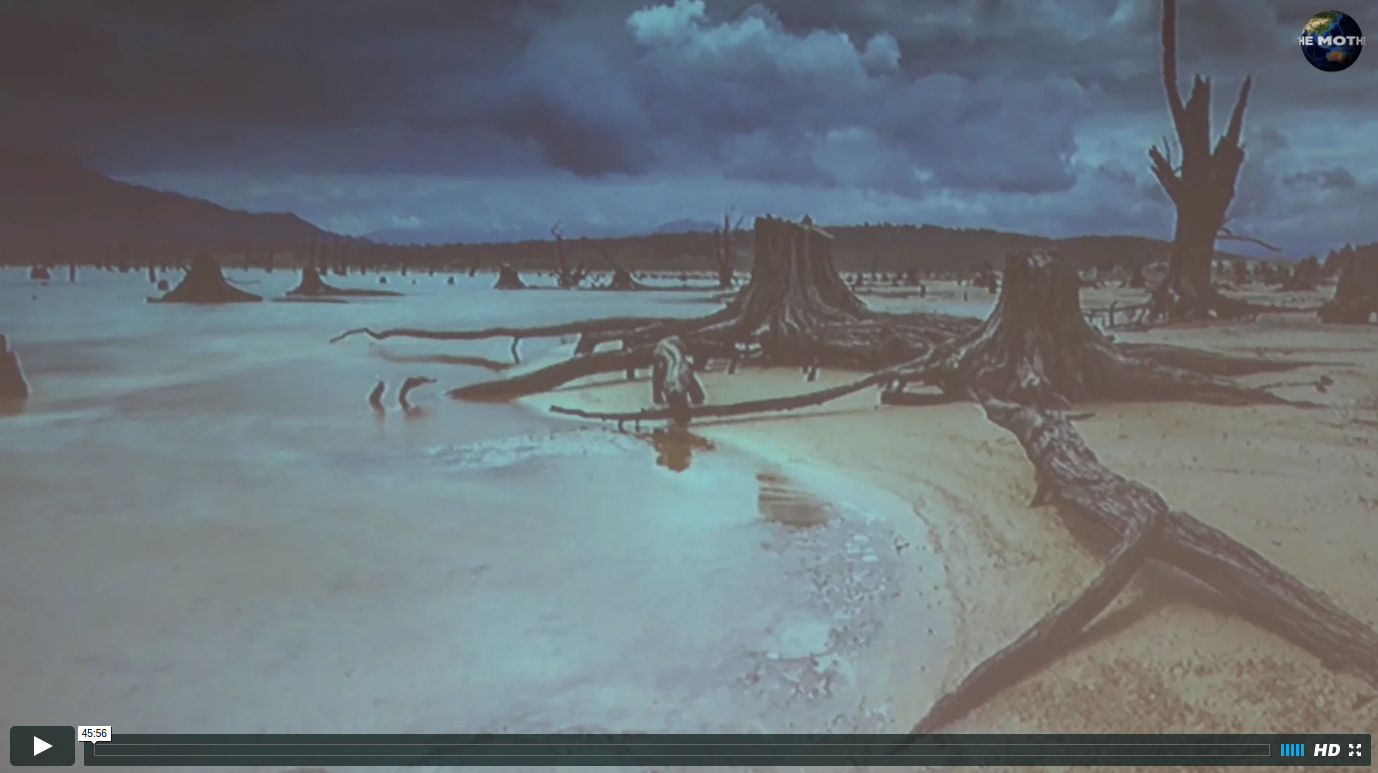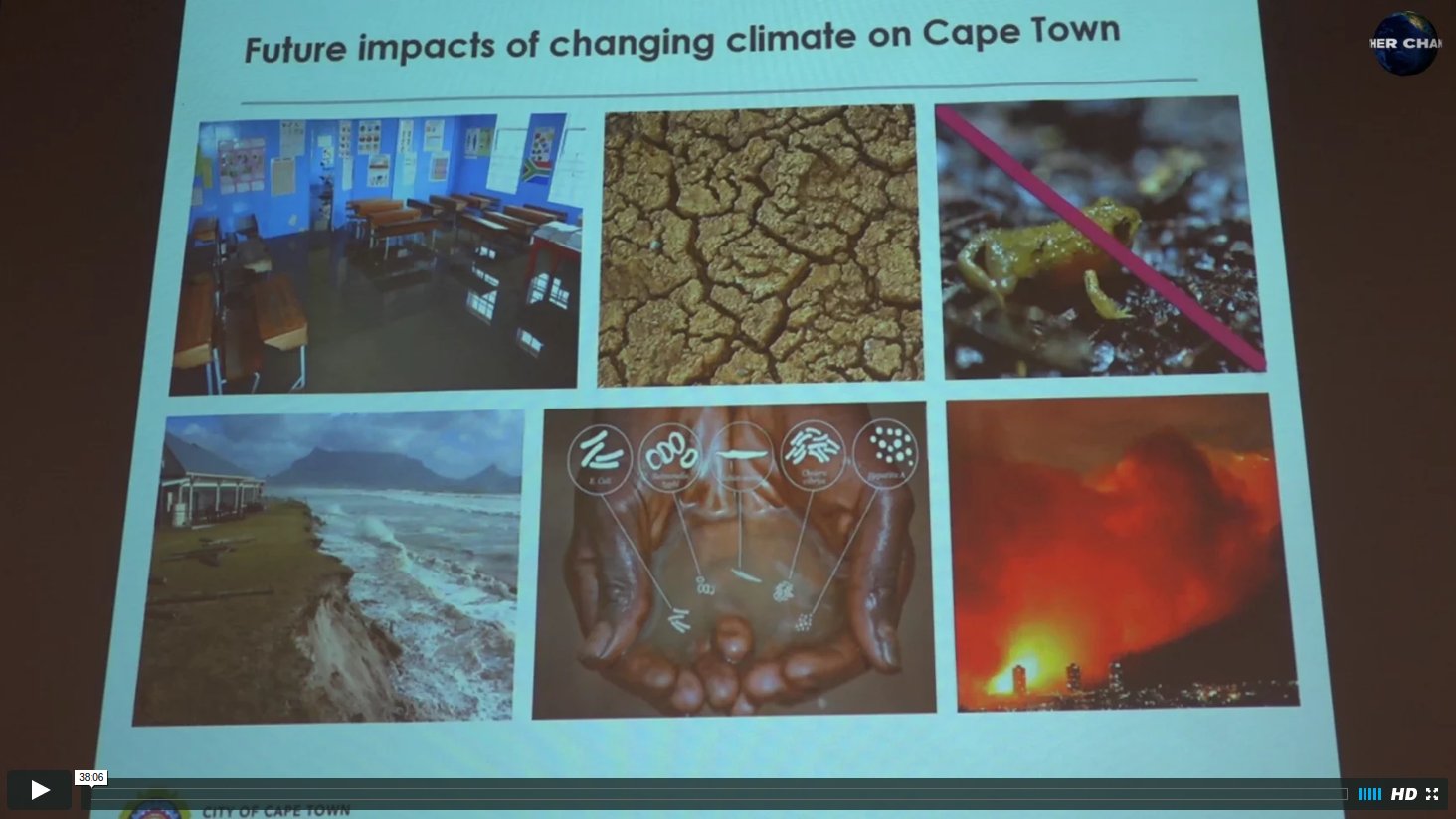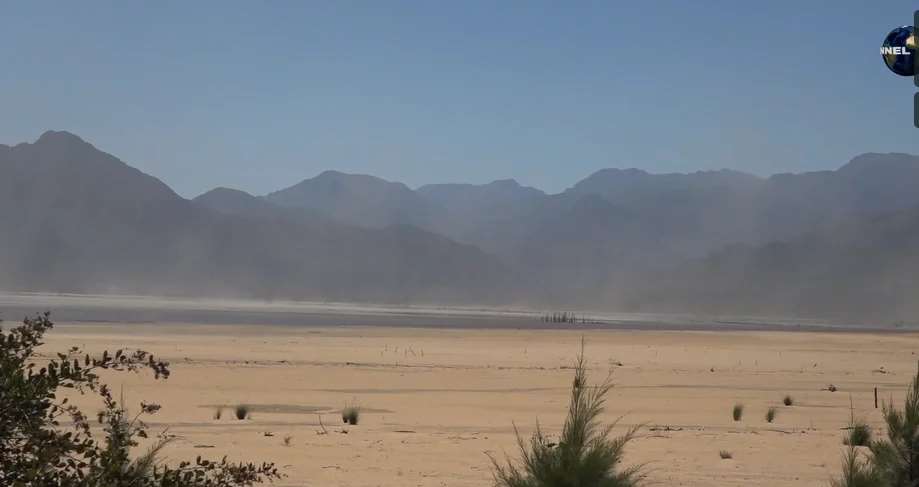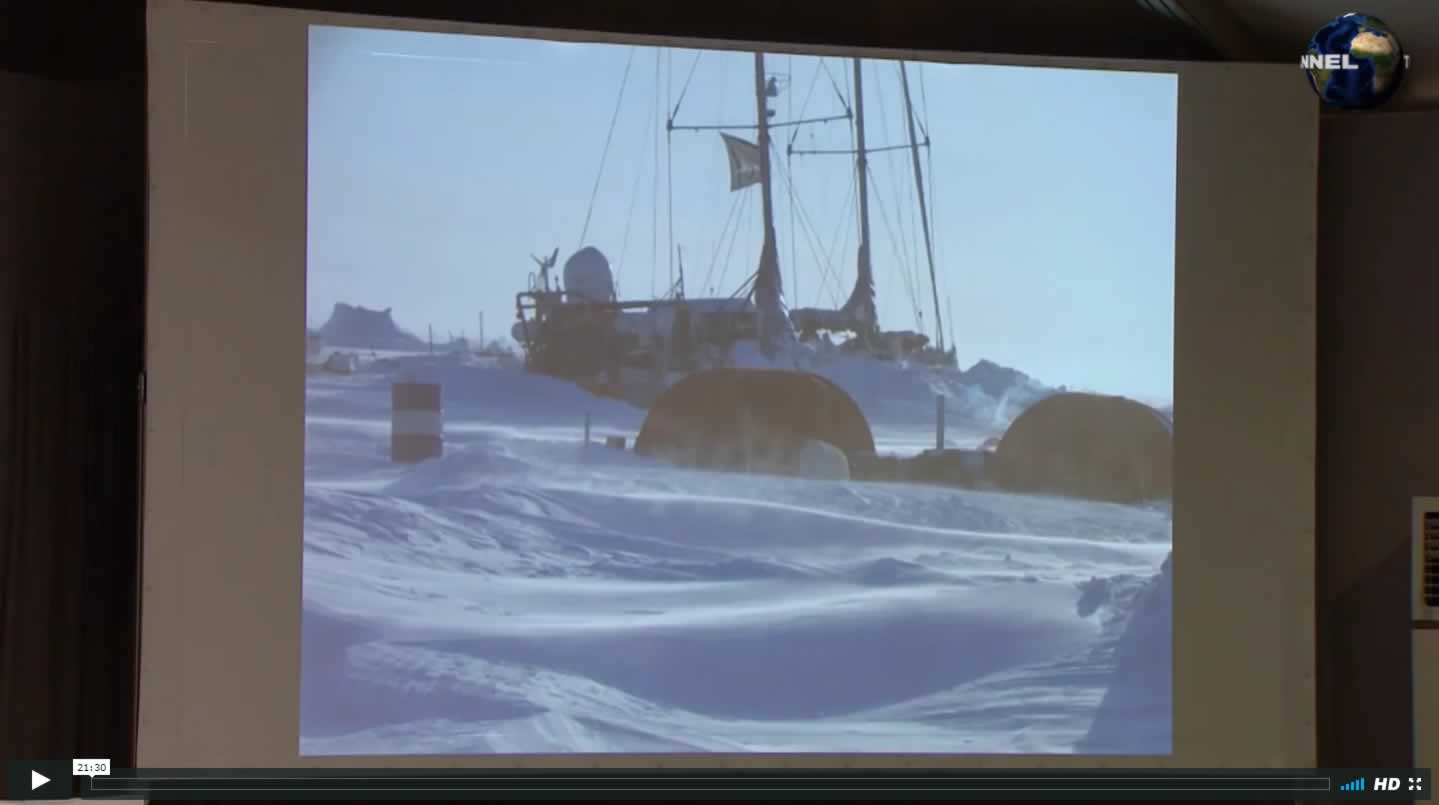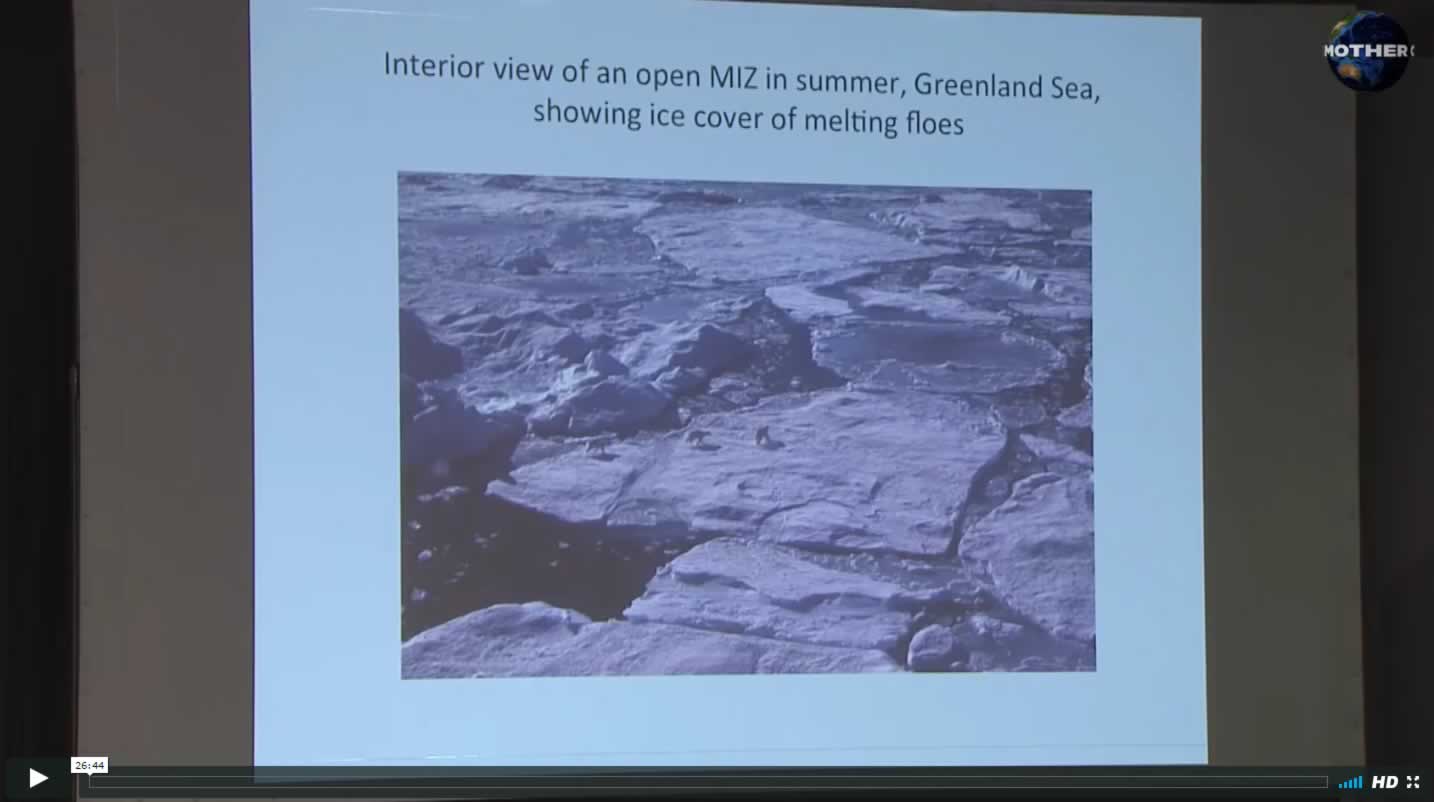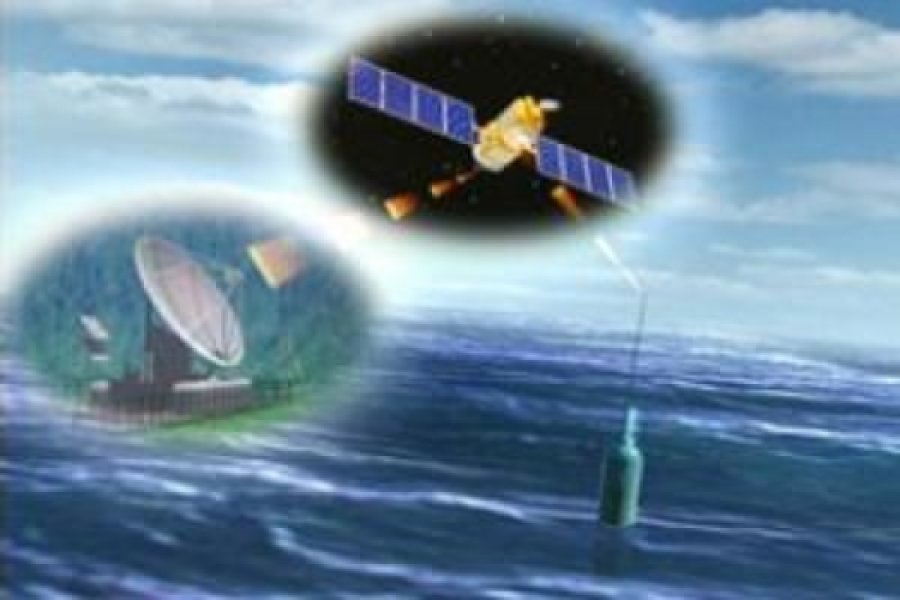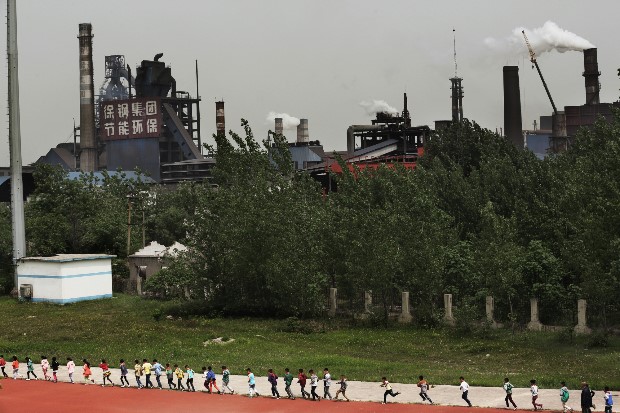- Live Stream
- Climate Change
- ENN
- Environmental Info
- Green Business
- Green Solutions
- Beautiful World
- Categories
- Articles
- Arctic & Glaciers
- Polar Regions and Glacier Reports
- Ethical Dimensions
- Global Warming
- Peatlands & Wetlands
- ENN – The Environmental News Network
- Agriculture
- Chemicals
- Conservation
- Fish Crime
- Forests
- Health
- Mountains
- Oceans
- Energy
- Money
- Green or Gone
- Nutrition
- Permaculture
- Various Solutions
- Powerful
- Watch This
- Water
- Breaking News
- Series ENN
“SMALL” Changes In Global Sea Rise…..CATASTROPHIC Implications!
In this presentation of Climate Matters.TV ~ Part 2, at COP 22, Marrakech, Stuart Scott (UPFSI) talks with Prof. Peter Wadhams (Emeritus Prof. of Ocean Physics, Cambridge University) and Ms Maria Pia Casarini Wadhams (Dir. Italian Institute of Polar Geography / Editor of IL POLO Journal), about indigenous Arctic communities loss of lifestyle, Arctic Council, […]
CLOSE

